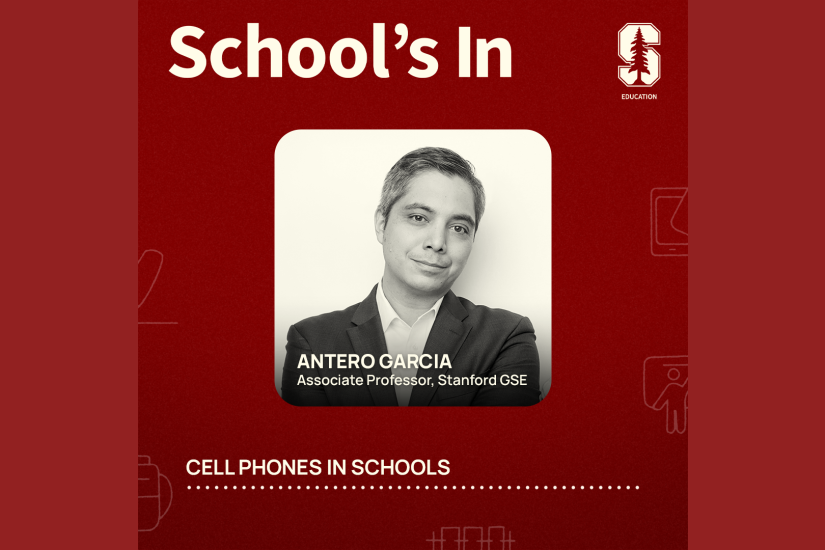
DEA seeks to hire Ebonics interpreters
By Joe Vazquez
Nearly a decade and half after the Oakland School Board made national news for suggesting African American English be recognized as its own language, Ebonics is back in the news. The Drug Enforcement Administration in Atlanta has just put out a memo for translation contractors asking them to provide nine interpreters who speak Ebonics. The DEA spokesman says that they need to translate wiretapped conversations among African American drug suspects.
Back in 1996 after a firestorm of outrage that even included denouncements from African American intellectuals, the Oakland School Board decided to withdraw its Ebonics proclamation.
“A lot of the commentary that I’ve heard about this issue says that African American language or Ebonics is substandard or a bastardization of English. There is in fact nothing scientific about that. There is nothing scientific about saying that. In fact, what people often do is reveal their own ignorance about language when they make those comments.”
But despite the political incorrectness, H. Samy Alim, a Stanford education and linguistics professor, says many linguists have concluded Ebonics actually is its own language variety with its own set of rules and could go a long way in helping teach children.



